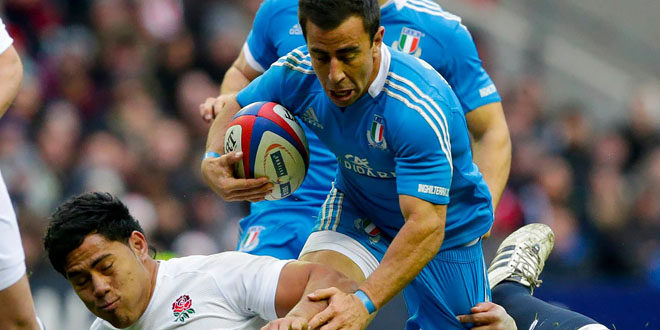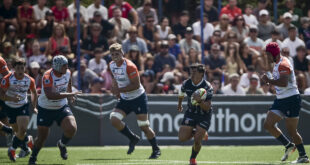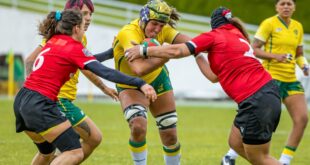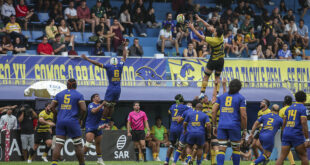Rugby faces a problem. Spain qualified for Rugby World Cup 2023 in March. In April the governing body of the sport deducted 10 points from Spain’s Rugby World Cup 2023 qualifying matches. The result in June was that Spain was out of the World Cup.
Gavin van den Berg was a replacement against the Netherlands. He qualified via three years residency only for it to be determined that he was not eligible. It cost Spain a place at the World Cup. Spain won the fixtures involving the South African player by scores of 43-0 and 52-7.
Spain appealed the decision but lost. In June Romania replaced Spain as the Europe 2 qualifier. Now in August, there are urgent doubts over Italy players from past Rugby World Cups. Martín Castrogiovanni and Luciano Orquera are from Argentina and both qualified for Italy via a grandparent.
Both players moved from Argentina to Italy for the purposes of playing professional rugby. Their backgrounds meant they soon became naturalized Italian citizens and were capped by Italy quickly, possibly to prevent either from playing for Los Pumas.
Castrogiovanni earned 119 caps and played in Rugby World Cups 2003, 2007, 2011 and 2015. He also played in Italy’s qualifying campaign for RWC 2003. Both RWC 2003 and the qualifiers occurred before he had lived in Italy for three years. In an interview, with Hernando de Cilla Castrogiovanni said his connections to Italy are through his father’s grantparents.
Luciano Orquera earned 48 caps for Italy. He qualified via a grandparent; however, his family connections to Italy are through a great-grandfather not grandfather. In the following video the player says that he has Italian great-grandparents on the mother’s side of his family.
What this means is that Orquera was not eligible to play for Italy via ancestry. World Rugby player eligibility laws do not permit a player to qualify via a great-grandparent. Orquera moved to Italy in 2002 and debuted for Italy before completing three years residency.
Orquera played for Italy against Australia, Ireland and the USA at RWC 2011. His test career was from 2004-2015. It mattered not that he was naturalized according to Italian or EU regulations. World Rugby eligibility laws do not consider citizenship nor passports in determining eligibility.
An investigation in 2000 discovered that Scotland and Wales had breached player eligibility laws at RWC 1999. Unlike Spain during the RWC 2023 qualifiers or Belgium, Romania, Spain and Tahiti during the RWC 2019 qualifiers, Scotland and Wales were not prevented from competing at the World Cup. Both played at RWC 2003 and were sub-hosts of RWC 2007. Consequences for breaching eligibility laws have evidently been inconsistent.
How then does this leave Italy and past World Cups? If RWC players were not eligible to play for Italy then is it consistent or justified to disqualify Spain from RWC 2023 and Romania from RWC 2019? Was the recent decision to loosen eligibility laws the best for a sport with severe eligibility doubts? Should passport and citizenship be a requirement for all players? Should World Rugby establish a maximum number of players in a test team who qualify via means other than the country of ones birth?
 Americas Rugby News Rugby news from across the Americas!
Americas Rugby News Rugby news from across the Americas!




